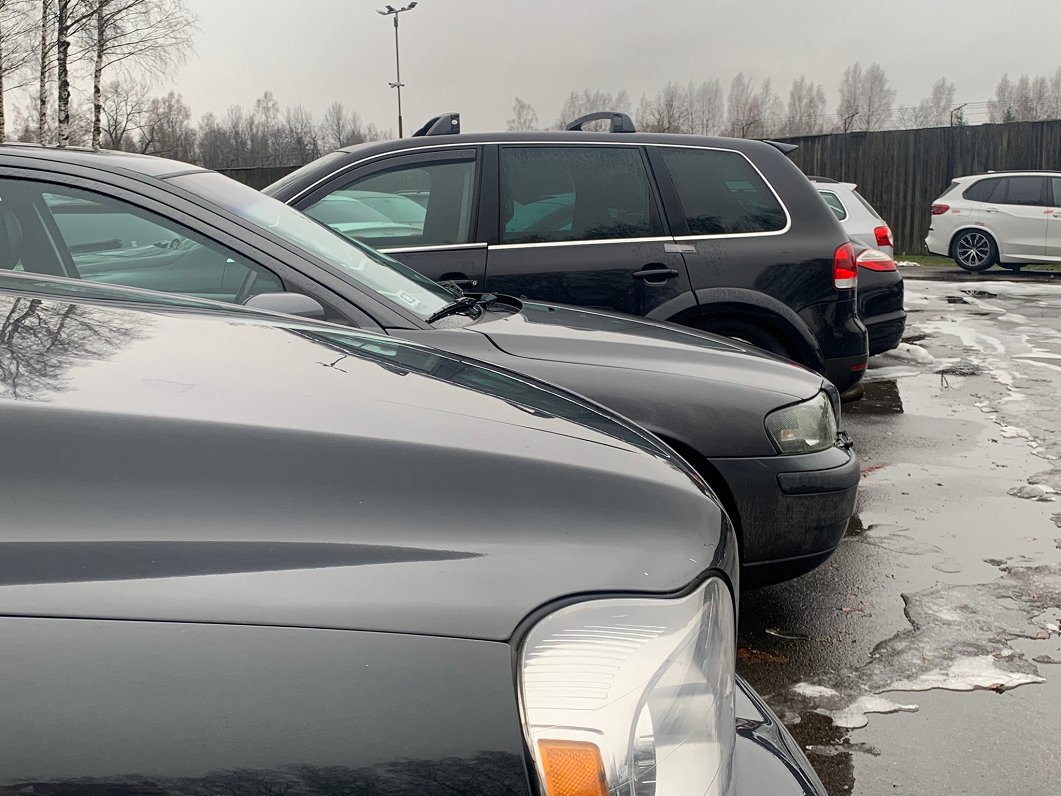“In this context, the actions of these people have not changed. When speaking to these drivers, they themselves say they know that such changes to the Criminal Law have been made [..] but they're still driving when tipsy, intoxicated,” Rinkevics said.
Since the changes were made, the police have caught 10-12 drunk drivers per day, half of whom are heavily intoxicated, above 1.5 permilles. Therefore, every day 5-6 vehicles are seized, or a requirement to compensate for the full or partial value of the vehicle is imposed in cases where the driver is not the owner of the particular car.
Rinkevics said that most drunk drivers don't drive their own vehicles. Accordingly, the seizure of the vehicle is applicable in a little less than half of the cases, but the fines corresponding to partial or full value of the vehicle are "huge", said Rinkevics.
He also said that a quarter of the drunk drivers were repeat offenders. "On these drivers, most tools are very inefficient. They've been caught before, they've been deprived of licenses, they still keep going without licenses, they've even had a custodial sentence. They come out and spend two, three, or four months behind bars again. We are talking about a very small part of society. They are about 0.2% of all drivers. However, they are those who are most likely to have huge alcoholism problems," the police spokesman said.




























